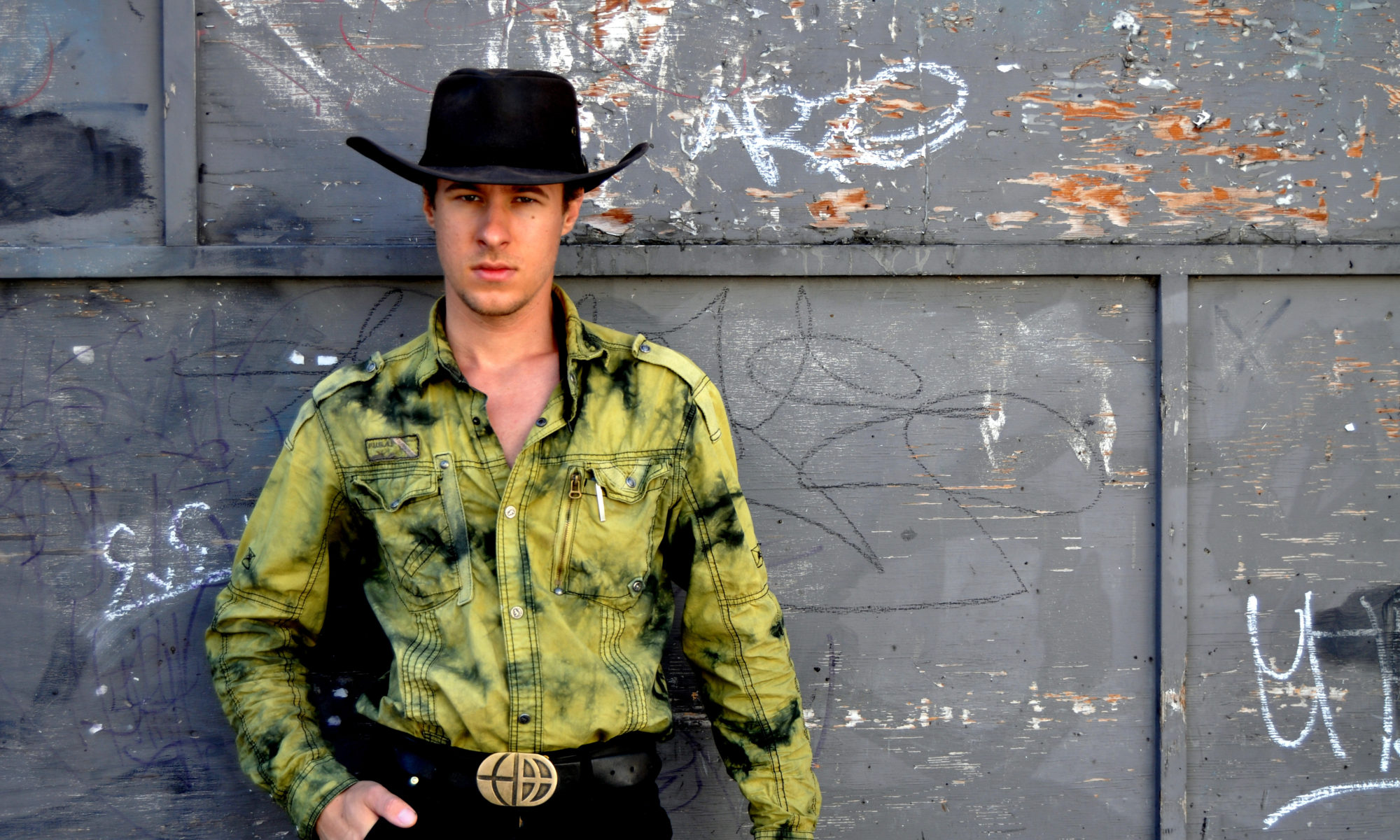- When speaking – especially something which takes time to describe – ask the listener permission to speak so as to not be rushed. Do they have time to listen? Be complete after speaking.
- Start with a plan – a clear enough plan that anyone can follow it.
- Always put tools away at the end of the day. Always clean workspace at the end of day.
- Minimize unnecessary handling of materials. For example, instead of throwing trash in piles, throw directly in garbage.
- Label, organize and document parts so anyone could continue the project. Keep fasteners in labeled bags.
- For complex things, document how you go there – especially software like ableton, rhino and video editing. You might forget how you did a complex task when you try it again months or years later. In other words, make a quick reference manual on the steps and tools to complete complex tasks.
- Contain projects in boxes, files, boundaries or zones. Try to contain project space compactly. For example, car parts be stored in the car. Minimize spread!
- Minimize distractions and new projects till current projects are completed.
- However, if multiple projects are in-progress, make sure to regularly acknowledge, communicate and work on these projects; this includes scheduling long blocks of work time to complete.
- Some longstanding projects which have lost passion can become a drain on resources and attention. Either finish, delegate, sell or just remove from list forever.
- Keep the whole in mind. Don’t over-develop one area at the expense of others. Imagine a drawing where the whole composition develops over time. Similarly, always consider how one thing relates to other things, especially the whole. What enhances the main vision versus distracts?
- Allow for spaciousness. Spaciousness of time. Reduction of distraction. Minimization of clutter.
- Set milestones for large projects.
- If a project can be completed in one day or weekend, then don’t take longer to finish. Finish project promptly.
- Anticipate all materials and parts to reduce delays.

An Intellectual Exploration Of Nature, Creativity, and Existence